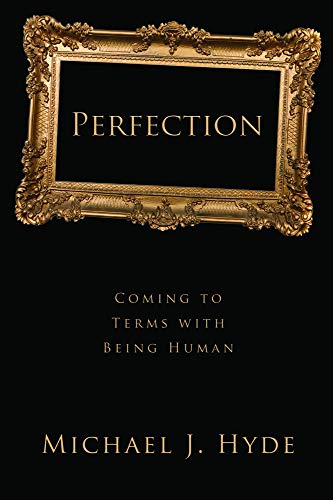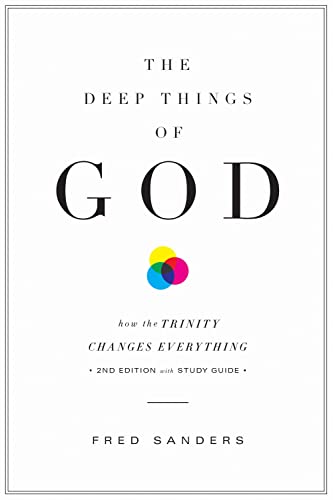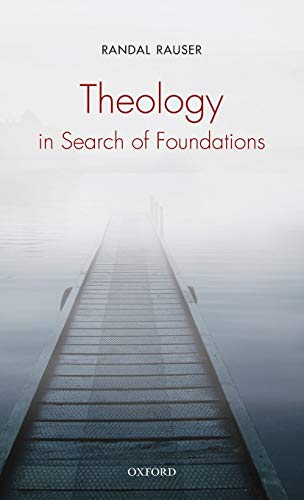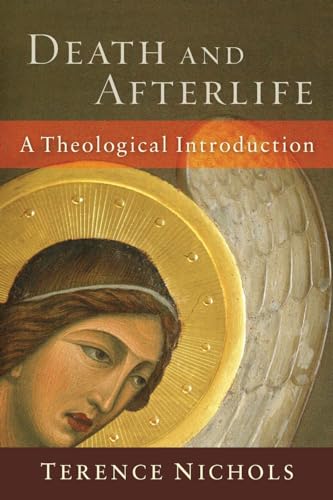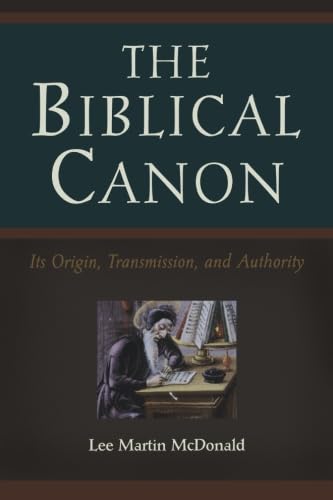This Momentary Marriage: A Parable of Permanence
Written by John Piper Reviewed By Kenneth MagnusonBooks on marriage abound with advice on how to deal with finances, handle conflict, or enhance your love life in order to build a better marriage. Yet, like covering mold with a layer of paint, many of those books address issues mainly at the surface. This Momentary Marriage is different. John Piper ventures deep below the surface in order to “consider a vision of marriage higher and deeper and stronger and more glorious than anything this culture—or perhaps you yourself—ever imagined” (p. 20). His hope is to free readers from “small, worldly, culturally contaminated, self-centered, Christ-ignoring, God-neglecting, romance-intoxicated, unbiblical views of marriage” (p. 21).
Piper presents a God-centered vision of marriage that is grounded in the Bible and is based upon two main points. First, marriage is the doing of God. Second, it is the display of God for the glory of God since “the highest meaning and the most ultimate purpose of marriage is to put the covenant relationship of Christ and his church on display. That is why marriage exists” (p. 25). Thus, this book about marriage is not ultimately about marriage. It is about glorifying God and exalting Christ in all things.
While this book does not seek to offer advice for everyday marriage problems, it is profoundly practical because it offers a vision that is transformational, getting to the root of many marital troubles. This vision of marriage sets the agenda for thinking about specific issues, rather than the other way around. In the course of the book, Piper engages with major themes of the Bible in relation to marriage: creation, sin, redemption, justification, the new covenant in Christ, and the kingdom of God that is now and not yet. This is exemplary for how Christians are to think about every area of life. The issues that he addresses include marriage relationships and roles, singleness, hospitality, intimacy and pleasure, procreation, and divorce and remarriage.
The following examples illustrate Piper’s discussion of specific issues. One relates to marriage and permanence. Since marriage involves two people who are sinners (and also have strange idiosyncrasies!), marriages will be sustained and grow in love by grace, forgiveness, and patience. That is, staying married is not first about “staying in love” but about a covenant-love that is modeled on and displays the covenant-love of God. Further, Piper concludes that because marriage represents the union of Christ and the church, which will never be broken, divorce and remarriage is never justified, for it misrepresents that union.
The biblical vision of marriage that is laid out in this book also has implications for singleness. Since marriage is momentary (because life is short in view of eternity) and temporary (because marriage belongs only to this age), singleness is a witness to the in-breaking of the kingdom of God. In part, it is a declaration that spiritual regeneration takes precedence over physical generation, so that the single person, like the eunuch in Isa 56, may be more fruitful than those who are married with children.
Some of Piper’s conclusions will not convince everyone, as two examples will show. First, after noting that procreation is relativized and that some may choose to remain single, he concludes by analogy that a married couple may choose to be childless. Yet while the Bible clearly and radically commends singleness as a means for serving God and a witness to the dawning of a new age (1 Cor 7), there is no such commendation of voluntary childlessness in marriage. Rather, the primary choice is singleness or marriage and children. In one respect, the choice is about how one may serve God most effectively. In another respect, marriage and procreation, alongside singleness, represent two forms of life that witness to different aspects of God’s purposes in the present age.
Second, many readers may question Piper’s view that divorce and remarriage are never justified (though remarriage is justified after the death of a spouse). Piper’s case for this position is strong because it upholds a high view of marriage that takes seriously God’s purposes for marriage in creation and redemption, especially as it is intended to represent the union of Christ and the church. Further, it accounts for all of the biblical texts on divorce in a consistent and reasonable way. However, some will not be convinced that the exception clause in Matt 19:9 refers exclusively to sexual immorality during the betrothal period rather than in marriage itself, or that 1 Cor 7 does not permit remarriage after an unbelieving spouse divorces a believer. Others may wonder if the metaphor of marriage as a picture of Christ and the church is made to bear too much weight, without concession to human sin and hard-heartedness, by not allowing for divorce and remarriage in any cases when the marriage covenant has been ruptured by adultery.
There ought to be ongoing, robust discussion of these issues, seeking to discern a biblical, gospel-saturated perspective. This Momentary Marriage is engaging and convicting. It is well worth a careful examination for anyone seeking to understand a biblical view of marriage, for pastors preaching or counseling on marriage, or simply for a devotional meditation on the profound meaning of marriage.
Kenneth Magnuson
Southern Baptist Theological Seminary
Louisville, Kentucky, USA
Other Articles in this Issue
Most of our readers are theological students and pastors...
The Dazzling Darkness of God’s Triune Love: Introducing Evangelicals to the Theology of Hans Urs von Balthasar
by Stephen M. GarrettJürgen Moltmann observes that Christian theology and the Church face “a double crisis: the crisis of relevance and the crisis of identity...
Plots, Themes, and Responsibilities: The Search for a Center of Biblical Theology Reexamined
by Daniel J. BrendselIn the prolegomena to his “approach to biblical theology,” Charles H...
Since the mid-twentieth century biblical scholars have increasingly accepted that the texts of the Bible must be interpreted in terms of their literary genres...
The present age tends to regard polemics, theological controversies, and all-round doctrinal fisticuffs as, at best, a necessary evil, at worst, one of the most revolting aspects of Christianity...



